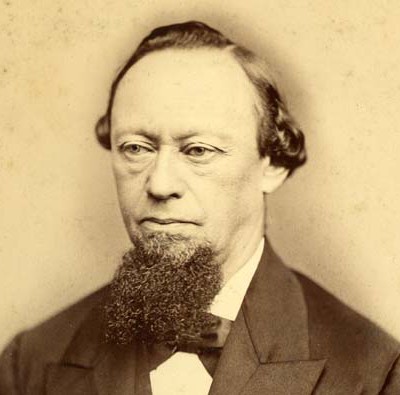
Henry (1823-1909) and “Mother Selig” (1827-1884) Silverman immigrated to Pittsburgh from Germany before the Civil War. They owned a store on the South Side and had 10 children, Sam, Willie, Philip, Hyman, Simon, Isaac, Saul, Manuel, Ella and Pauline.
Philip Silverman (1852-1923) had a dry goods store on Fifth Avenue from 1883 until about 1906 and employed his brothers Hyman and Isaac. In 1879, he married Hannah Schamberg (1853-1922). They had three children, Alexander, Babette and Freda.
Alexander Silverman’s (1881-1962) interest in chemistry began as a child when he discovered and investigated the watermarks on the stamps in his collection. He became a chemist. He worked for the Macbeth-Evans Glass Company in Charleroi, Pa., for two years during which time he rediscovered a lost method for producing alabaster glass, which has a milky semi-opaque tint that is considered ideal for diffusing lamplight.
Silverman joined the faculty of what is now the University of Pittsburgh’s Department of Chemistry in 1905 and served as its chair from 1915 until 1951. He oversaw a dramatic expansion of the program through corporate, governmental and institutional funding, greater enrollment and increased publishing from the faculty such as Dr. Alexander Lowy and others. When Silverman took the position, the department had three faculty and staff members and 100 students. By the time he retired, it had grown to nearly 100 faculty and staff members and 2,500 students. An expert on the history and process of glassmaking, Silverman lectured internationally to academic and general audiences, held more than 30 patents, and published more than 200 papers during his lifetime.
In 1908, Alexander Silverman married Elrose Reizenstein, the daughter of a well known Pittsburgh glass merchant. “We were childhood friends long before I became interested in glass,” Silverman told the Pittsburgh Post-Gazette in 1948. Together, they amassed what the Pittsburgh Press called “the world’s most complete collection of modern glass,” which they later donated to Alfred University in New York. “Without Mrs. Silverman’s willingness to sacrifice other luxuries,” Silverman told the Post-Gazette, “it would not have been possible for me to obtain many of the most valuable pieces of the collection.”
Babette Silverman (1884-1955) lived in New York City.
Freda Silverman (1886-1946) married Charles Reizenstein. She was the president of the Pittsburgh Conference of Jewish Women’s Organizations and the Pittsburgh chapter of the Women’s International League for Peace and Freedom, among other civic activities.
Freda and Charles Reizenstein had two children, Charlotte and Louis.